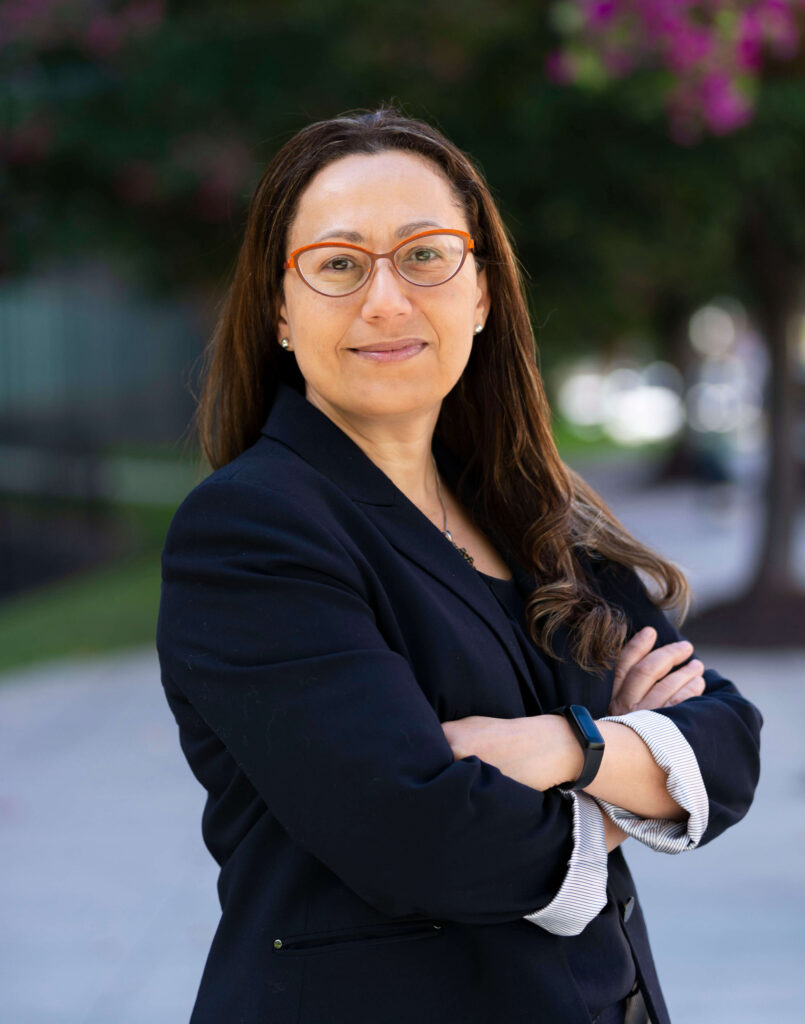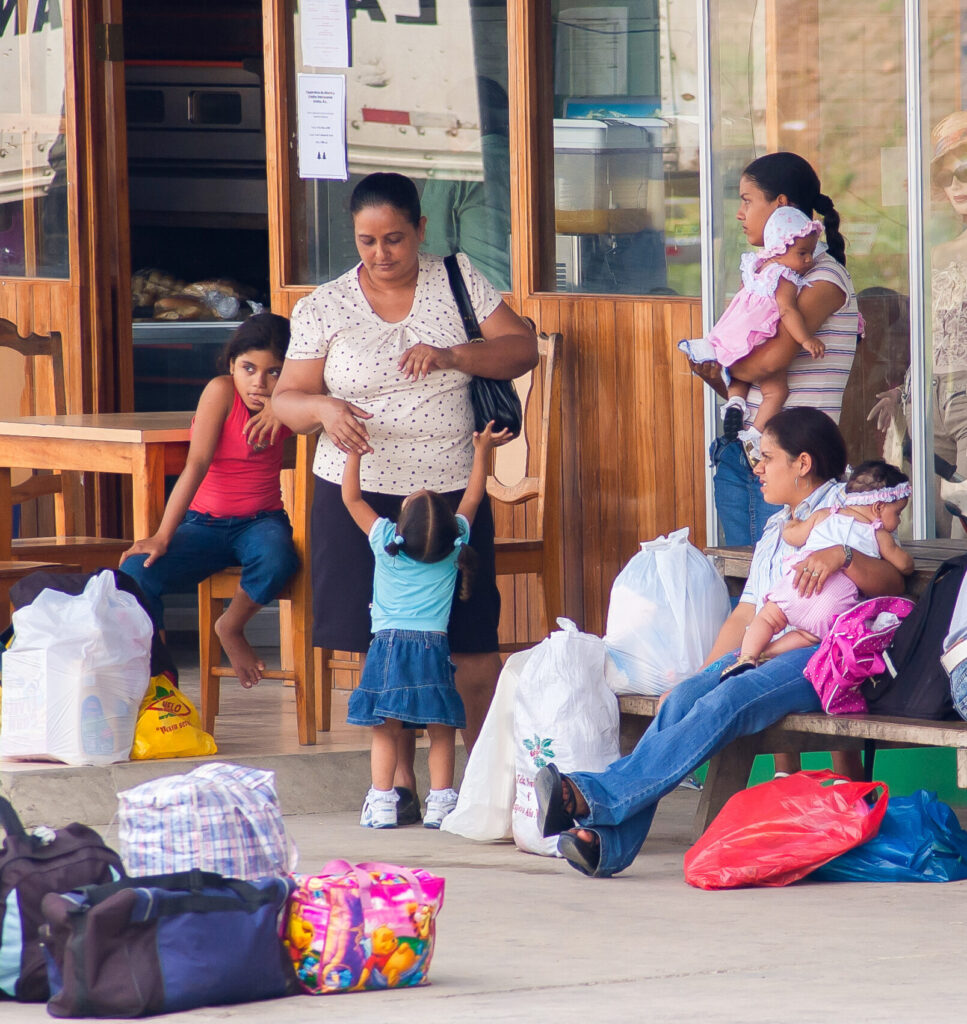
Grateful

I am feeling an incredible level of gratitude to all the people who participated in Financial Inclusion Week last week. We had more than 1,200 people register for FIW’s various events. The agenda featured more than 40 sessions covering a broad spectrum of topics, time zones, and regions. Each and every session required planning and coordination. A huge thanks goes to all of our partners who chose to participate and share their learning and experiences during FIW.
 Curious
Curious
I am already a major advocate for women’s financial inclusion and believe the inclusive finance industry needs to get more sophisticated on this topic. The CFI podcast on social norms, the Caribou Digital session on features that drive women’s usage of DFS, and the Pinbox session, “Saving the Next Generation from Old Age Poverty” (especially women, who live longer) were eye-opening. I am curious to see where our collective focus on this topic will take us.
 Tempted
Tempted
There were so many sessions to choose from that there were moments I felt like a kid in a candy store. Fortunately, the sessions have all been recorded and I can go back to the ones I missed and catch up on them (and I will have a full year to do that). I’ve even mapped out a plan of action for when I’ll get up to speed on what I missed. This week, I plan on listening to the Inclusive Finance India session on remittances and GSMA’s session, “Beyond One Billion: Exploring the State of Mobile Money in Africa.”
Connected 
We have all been struggling to adjust to our new, social-distanced and Zoom-based world, and I was worried that more virtual events might be difficult. I was surprised at how connected I felt to the inclusive finance industry. I learned so much from the various panelists, whether it was the elaborate — yet achievable — ideas posed by Sarah Gammage on the role of financial services in mitigating climate risk and supporting livelihood adaptation, or David Medine’s insightful explanation as to why consent-based systems are no longer relevant for addressing data usage and data privacy concerns. There’s been a lot of talk that this industry has become more fragmented as we each dig deeper into specific silos, but this week showed me the power of coming together. It takes some effort, but the results are evident.
 Tired
Tired
But, alas, I am human and not a complaints bot or algorithm, like the ones covered in some sessions. This means by the end of the week I was tired after an incredibly packed agenda and so many interactive sessions.
 Sad
Sad
That’s why my next emoji is complex. Despite my tiredness, I am sad to see FIW 2020 come to an end. I hope that this community that has come together to share and learn from one another can somehow keep the momentum going. At CFI, we will certainly do our best to engage and learn from our partners.
 Inspired
Inspired
My final emoji is my overwhelming sense of inspiration. I hope you found FIW as inspiring a learning event as I did. From our first day with the panel, “Serving Low Income Households Impacted by Climate Change,” to the last day with Aspen Institute’s session, “The Road to 2030: An Action Agenda for Inclusive Financial Systems,” I am inspired that so many organizations are already thinking about and taking action on some of the toughest challenges that poor people face during this extraordinary time in history.










